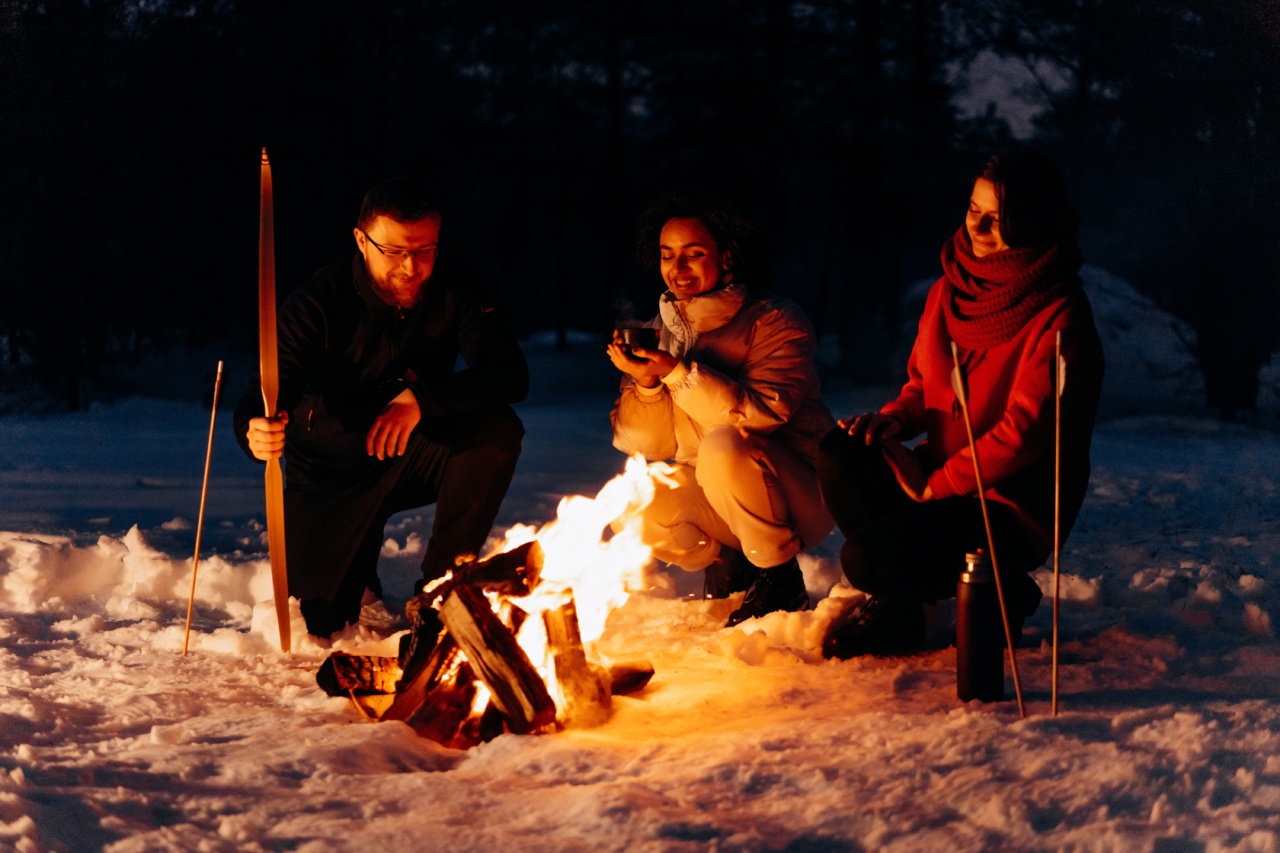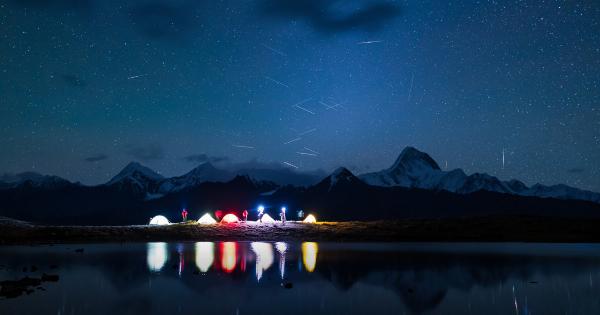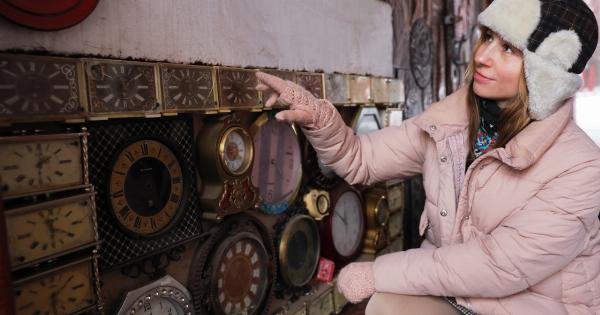Winter camping can be an adventurous activity that provides a unique experience for those who love the great outdoors. However, it can also be a tricky environment to sleep in, with cold temperatures, harsh conditions, and varying atmospheric pressures.
In this article, we will discuss the best ways to combat sleepless nights and ensure a warm and comfortable winter camping experience.
1. Choose the Right Sleeping Bag
One of the most important things to consider when preparing for winter camping is choosing a sleeping bag that will keep you warm and comfortable through the night.
Sleeping bags come in different materials and ratings, so it’s important to choose one that suits your needs. Generally, bags with a rating of -15 Celsius or lower are ideal for temperatures that can go as low as -20 Celsius. Additionally, sleeping bags come with different shapes, including rectangular, mummy, and semi-rectangular.
Mummy bags are the warmest as they are more tapered and fitted to the body, but they may feel restrictive for some people.
2. Layer Up
In winter camping, it’s important to wear layers of clothing that will keep you warm. The layering principle is the best way to stay warm in cold environments.
Start with a base layer made of moisture-wicking material that will keep you dry, such as synthetic or wool fibers. Follow with an insulating layer that will provide warmth, such as a fleece or down jacket. Top it off with a shell layer that will protect you from wind and water, such as a waterproof and breathable jacket.
If the weather gets too cold, you can always add more layers or wear additional accessories such as hats and gloves.
3. Keep Your Feet Warm
One of the most important things to keep warm in winter camping is your feet. Cold feet can make it difficult to sleep or stay comfortable throughout the night. To keep your feet warm, wear appropriate winter boots or insulated footwear.
You can also place a heat pack or hot-water bottle in your sleeping bag near your feet to provide warmth.
4. Choose the Right Tent
Another important consideration when winter camping is choosing the right tent. Look for a tent that is specifically designed for winter camping and is made of quality materials that can withstand harsh conditions such as wind, snow, and rain.
Additionally, choose a tent that is spacious enough to accommodate your sleeping bag and other gear while providing sufficient ventilation to prevent condensation inside the tent.
5. Use a Sleeping Pad
To stay warm and comfortable throughout the night, it’s important to use a sleeping pad. A sleeping pad not only provides cushioning for your body but also insulation from the cold ground.
Sleeping pads come in different materials and thicknesses, so choose one that suits your needs and provides sufficient insulation for the conditions you will be sleeping in.
6. Eat Warm and Energizing Food
In winter camping, it’s important to eat warm and energizing food that will boost your energy and keep you warm throughout the night. Some good options include soups, stews, and hot drinks such as tea, coffee, and cocoa.
Additionally, eating carbohydrate-rich foods such as potatoes and pasta can provide sustained energy throughout the night.
7. Stay Hydrated
It’s just as important to stay hydrated during winter camping as it is during other activities. Drinking plenty of water can help regulate your body temperature and keep you warm throughout the night.
Additionally, be sure to bring warm drinks such as tea or cocoa, as well as electrolyte-replacement drinks that can replenish the minerals lost through sweating.
8. Prepare for Emergencies
Winter camping can be unpredictable, so it’s important to be prepared for emergencies. Bring a first-aid kit, a flashlight or headlamp, and a signaling device such as a whistle or flare.
Additionally, be sure to pack extra batteries, a map, a compass, and a GPS device to help navigate in case of an emergency.
9. Manage Condensation
Condensation can be a common problem in winter camping and can lead to dampening of your sleeping bag and other gear.
To manage condensation, ensure proper ventilation in your tent, avoid eating and drinking inside the tent, and dry off any damp gear outside the tent if possible.
10. Practice Good Sleep Hygiene
Finally, it’s important to practice good sleep hygiene when winter camping.
Be sure to establish a consistent sleep schedule, avoid stimulating activities such as reading or using electronics before bed, and create a relaxing sleep environment by using earplugs, eye masks, or other sleep aids if necessary.




























